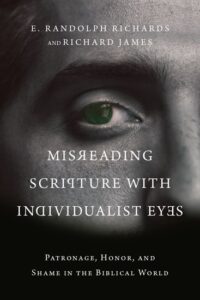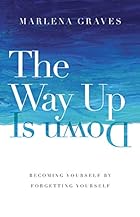 Summary: An exploration of the relationship between relational, emotional, and spiritual health and being Black in America.
Summary: An exploration of the relationship between relational, emotional, and spiritual health and being Black in America.
It has been a week or so since I finished Permission to be Black. I have been trying to figure out how to write this review in a helpful way. I am a white guy in my late 40s; I did not grow up listening to Jay-Z; Thomason did not write this book to or for me. I did, however, really enjoy the book, and I think it is constructive.
Part of the reality of grappling with a racialized existence from the majority culture is that as I strive to diversify my reading, there can be a difference between reading widely and ‘the white gaze.’ In reading widely, sometimes I can perpetuate my own prior biases instead of confronting them. (As I wrote about in this article at Christ and Pop Culture magazine.) I have been intentionally diversifying my reading for years. While I do not claim perfection, I think I am doing better and understanding what is for me, what is not, and how to figure out how to read something for benefit when it is not centered on my white experience. In writing this post, I struggle with talking about a book that can feed into white superiority if read wrongly.
A reason that is frequently cited for not liking the current direction of discussing race Ibham Kendi and others start with the assumption that racial disparities are wholly the result of racial discrimination. That assertion on its face seems fairly uncontroversial. But it was the central point of a recent review on the Gospel Coalition website of Kendi’s book How to be Antiracist. The reviewer and many commenters disputed the possibility that all racial disparities could or should be thought of as the result of racial discrimination. Their claim seems to be that the assumption that racial disparity is the result of racial discrimination disallows data that contradicts that point and removes responsibility for how to respond to discrimination from racially discriminated communities.
I think both parts of that are easy to respond to. What is required is pushing the view of the data further back. For instance, a commenter on a friend’s Facebook page blamed the higher average property tax rates Black homeowners in the US pay on the local governments and the Black and other minority cultures that allow those local governments to charge those higher tax rates. I would counter that this blames the victim of the higher tax rates (and the local government) instead of looking at the US’s housing history. The history of housing includes white flight, creating new municipalities without the historic debt of the older central cities and suburbs, which are often strapped with pension and other debt that cities incurred before white flight. That is one small example of not going back to the root causes of disparity, which I believe is what Kendi is advocating in saying that racial disparity is the result of racial discrimination. The second part of the claim is that discriminated communities have a moral and ethical responsibility to respond well to discrimination. And while I do not want to dispute that we all have a responsibility for our own behavior, there is often no similar request for oppressing communities to respond well with appropriate reparations for the oppression.
I have all of this too-long introduction because Permission to be Black is a call to seek healing from the pain and trauma of generational discrimination. Thomason is not citing a deficient Black culture, as some who believe in white superiority would posit, but racial discrimination and its widespread impact. But I want to affirm that I do not believe that there is a moral, ethical, cultural, or social deficiency within the Black community. Still, there is a greater level of trauma, including generational trauma, because racial discrimination has been perpetuated for generations.








